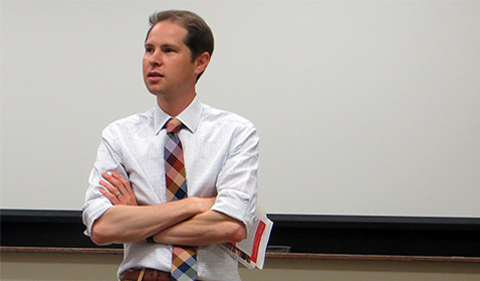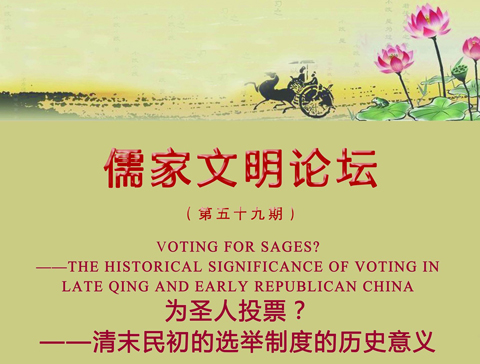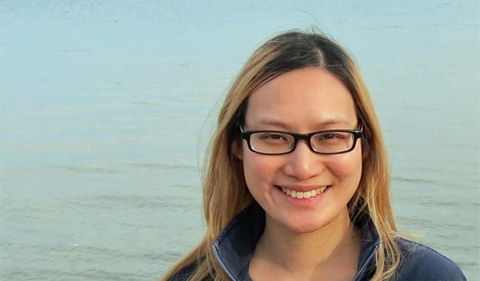Dr. Joshua Hill, Associate Professor of History at Ohio University, was named a Fellow at the Collaborative Innovation Center of Confucian Civilization at Shandong University in the People’s Republic of China, where he spent three months this past summer.
He gave a talk at Shandong University on “Voting for Sages? The Historical Significance of Voting in Late Qing and Early Republican China.”
Abstract: In the first two decades of the 20th century, voting became a common political activity in China. In practical terms, these elections were failures. Elected representatives, faced with foreign threats and domestic instability, never produced a stable national government. Thus, this election system is often forgotten by historians today. Yet, in terms of the history of ideas, these elections represent a fascinating attempt to blend Confucian political concepts with democratic political methods. Examining popular and elite reactions in late Qing and early Republican China to these elections provides a useful case study for rethinking questions of “Confucian democracy” in the 21st century world.
For more on Hill’s research and teaching interests, visit his department profile.





















Comments